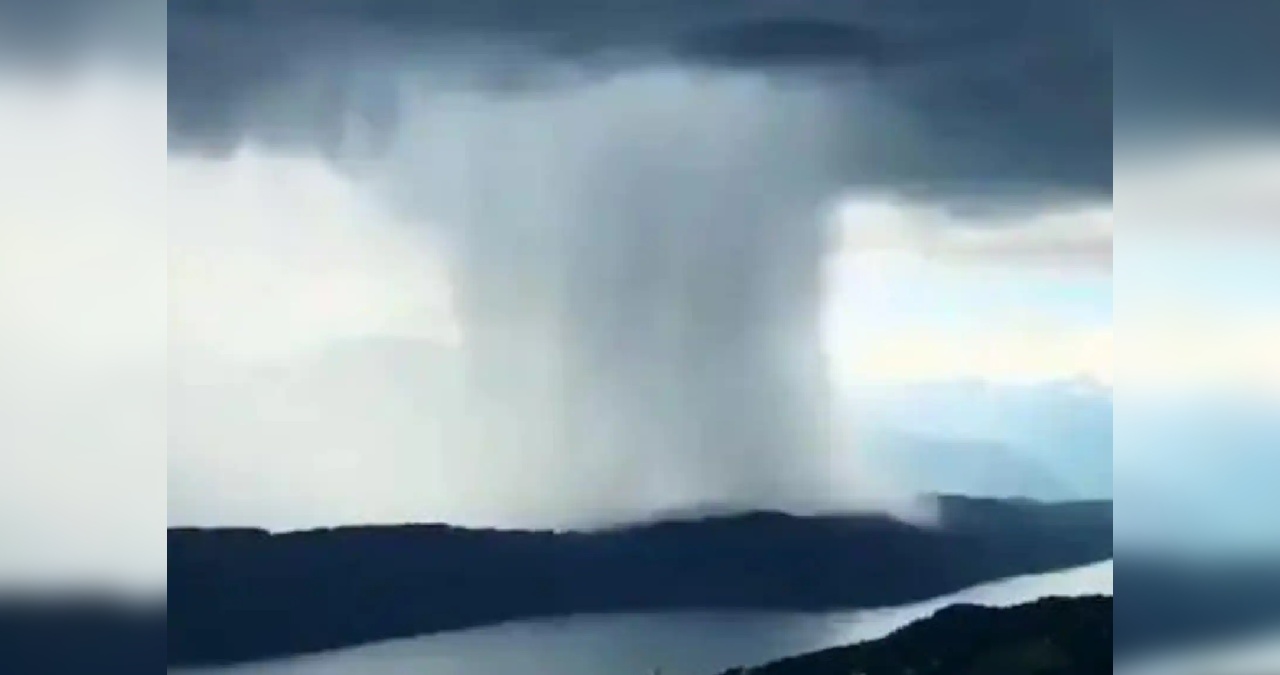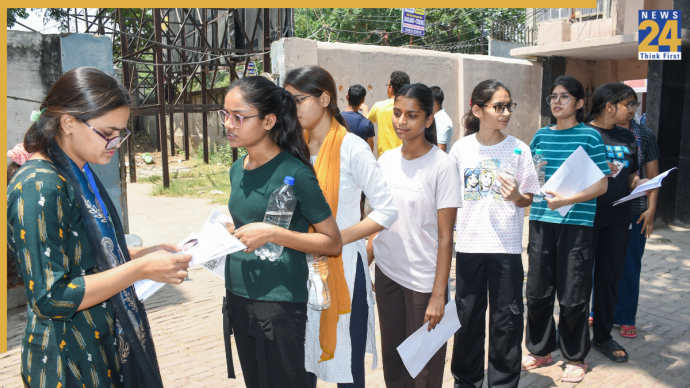Mandi: Controversy has erupted over statements made by IIT Mandi Director Laxmidhar Behera, who called on students to pledge not to consume meat, alleging that landslides and cloudbursts in Himachal Pradesh are consequences of animal cruelty. Behera’s comments have sparked a heated debate about the relationship between dietary choices and natural disasters.
Unusual claims
During an address to students, Behera made startling claims, stating, “Himachal Pradesh will continue to face significant challenges if we do not stop butchering animals. The slaughter of innocent animals has a symbiotic relationship with environmental degradation, leading to unseen consequences like landslides and cloudbursts.”
Controversial plea
Behera urged students to refrain from consuming meat, emphasizing that doing so is essential to becoming “good human beings.” He asked them to take a solemn vow against meat consumption. This plea has raised eyebrows and prompted discussions on social media.
हिमाचल में मांस खाने के कारण मची तबाही, क्रूरता नहीं रुकी तो और नुकसान होगा: Lakshmidhar Behera, Director, IIT Mandi. pic.twitter.com/fJWtYLDZZM
---Advertisement---— In Himachal (@InHimachal121) September 7, 2023
Criticism and reactions
Behera’s comments have garnered widespread criticism online. Entrepreneur Sandeep Manudhane expressed his dismay, stating, “The collapse is complete. These superstitious beliefs will erode what little progress was made in 70 years.”
Gautam Menon, a biophysics professor, commented, “In the current climate, such views from the director of IIT Mandi are not surprising but deeply unfortunate.” Behera has a history of making controversial statements, such as claiming involvement in exorcism last year to rid his friend’s home of “evil spirits” through chanting “holy mantras.”
Debate on meat consumption leading to natural disasters
The contentious connection suggested by Behera between meat consumption and natural disasters raises important questions about the factors influencing environmental issues. While there is no scientific consensus supporting such claims, the controversy underscores the need for informed and evidence-based discussions on environmental conservation and sustainable dietary practices.
As this debate unfolds, it remains to be seen how Behera’s statements will impact the dialogue surrounding the environment, animal welfare, and personal dietary choices.













